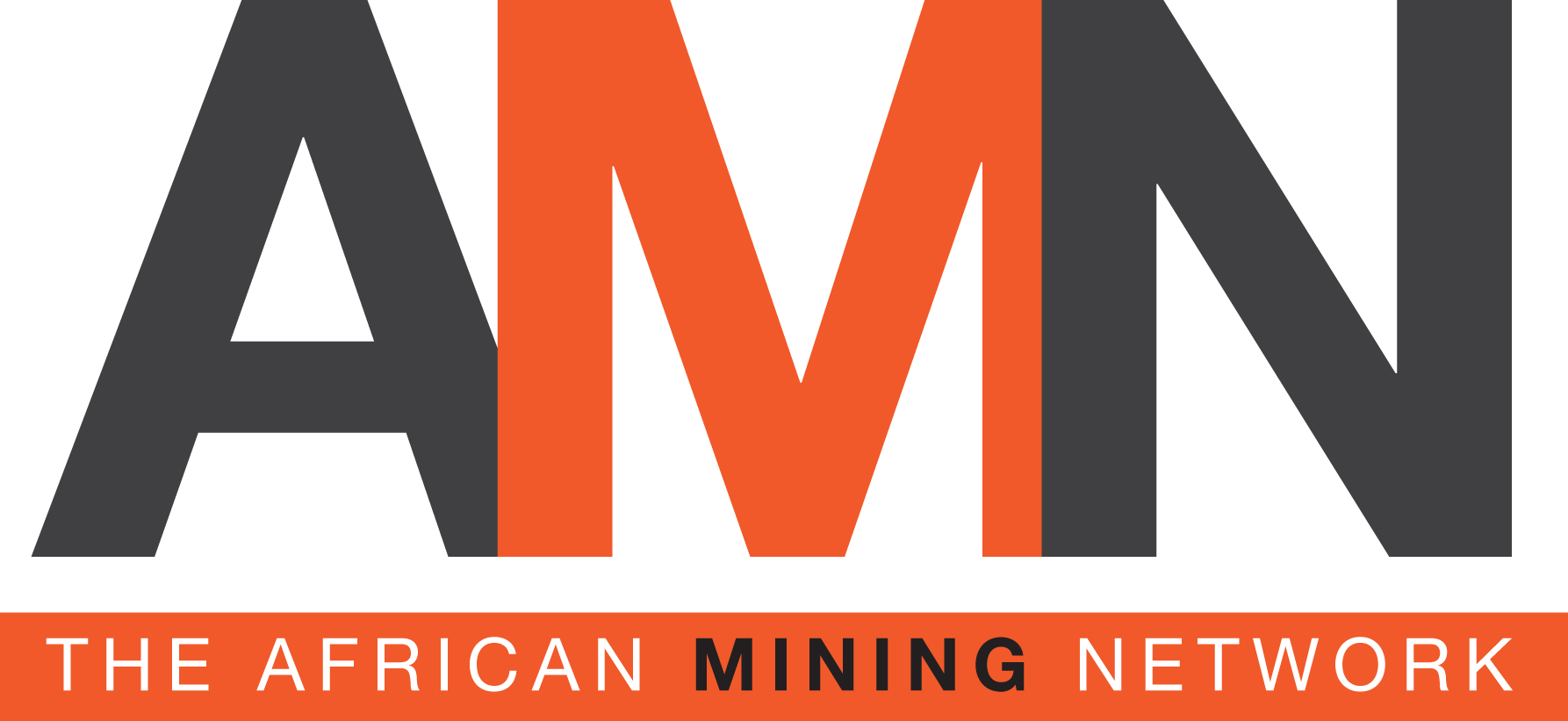- Yolanda Torrisi
- +61 412 261 870
- yolanda@yolandatorrisi.com
- Nina van Wyk
- +27 82 926 3882
- nina@africanminingnetwork.com
![]()
The guidelines established in South Africa to assist in managing COVID-19 in the mining sector are welcomed as they set out an effective code of practice to be implemented to prevent, mitigate and manage the pandemic on mines. While the guidelines are almost entirely the same as those already adopted by the industry, it is important for the industry’s future that they are adhered to while it would also be prudent for other African countries to introduce guidelines.
Most requirements of the code of practice mandated by the Department of Mineral Resources and Energy (DMRE) already form part of the standard operating procedures of the 77-member Minerals Council South Africa which means that industry and government are largely aligned … and that is a good thing. This also indicates that the Minerals Council was very proactive when putting in place the procedures before the lockdown.
The DMRE states miners are now obligated to implement a code of practice that complies with “any relevant guidelines and instructions issued by [the] government” and there are a number of specific regulations mining companies must follow in order to continue operating. These include compliance with the 2002 Disaster Management Act and working alongside recommendations from the country’s Department of Health, Department of Employment and Labour, and the World Health Organisation, to limit the spread of the virus as much as possible.
Failure to comply with these regulations is considered a criminal offence, and could see miners charged should they be found guilty of failing to implement the rules.
Of the guidelines, DMRE said: “This is to ensure that those mine employees returning to work, and any other persons at mines, are protected from transmission of the coronavirus at the workplace, and, where reasonably practicable, in the community, whilst providing guidance to all stakeholders regarding their roles and responsibilities in the management of the virus.”
There are some areas within the guidelines that are a little ambiguous and need tightening and, in this regard, it is important for the Ministry to work with representative bodies in the industry, including unions, to make the guidelines even more effective.
One of these is the term ‘COVID-19 epicentres’ which needs to be better defined as it is uncertain what an epicentre is. Also needing strengthening is the reference to quarantining if workers return to work and who display symptoms – how is this to be done? There must be some degree of flexibility owing to the different situations that exist at every mine site, but at the same time, the risk must be mitigated.
Another area of concern brought forward by the influential Association of Mineworkers and Construction Union (AMCU) relates to testing. The guidelines require that employees be screened for COVID-19, rather than physically tested, ahead of entering mines. Screening involves questioning patients about their contact with the virus to determine if a patient is at risk, however, the AMCU rightly points out that this ignores asymptomatic patients who can carry and be affected by the virus without showing signs.
AMCU president Joseph Mathunjwa said: “Screening is not sufficient as it fails to detect those workers who don’t display the known symptoms like high temperature.”
The AMCU’s call for each and every worker to be tested before being allowed to go underground should also be extended to all workers entering mine sites. The need for this has been borne out by the positive tests returned by two employees of a Harmony Gold Mining contractor at its Kalgold mine in South Africa. Both those who tested positive were asymptomatic, had been isolated and were receiving medical care.
Further evidence comes from Impala Platinum, which closed its Marula operation recently after reporting 19 asymptomatic COVID-19 cases "at and around" the operation in Limpopo province.
"The only way to ensure the safety of mineworkers, as well as the sustainability of the industry, is to upscale to universal testing," Mathunjwa said.
South Africa moved to level four restrictions this month, allowing open pit mines to resume at 100% capacity and underground mines at 50%, however, to avoid a re-escalation of the pandemic and greater impact on the country’s vital mining industry, there is absolutely no room for complacency and every reason to adhere to the DMRE’s guidelines.
Yolanda Torrisi is Chairperson of The African Mining Network and comments on African mining issues and the growing global interest in the continent. Contact:yolanda@yolandatorrisi.com

